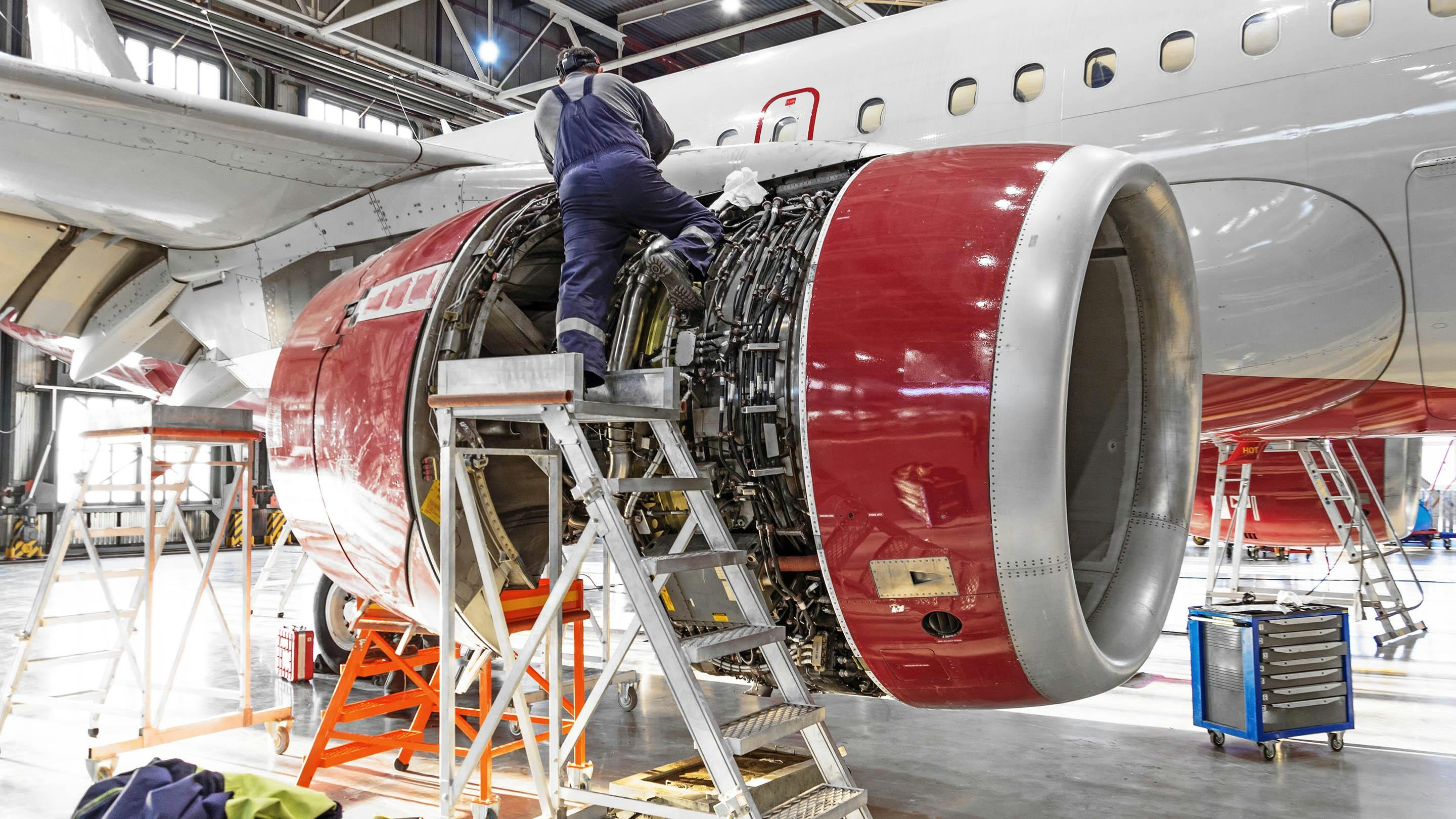AeroGenie — Your Intelligent Copilot.
Trending
Categories
Strategic Shifts Reshape the Airline Industry

Strategic Shifts Reshape the Airline Industry
The COVID-19 pandemic fundamentally altered the landscape of air travel, dismantling established networks and overturning long-standing assumptions about traveler behavior almost overnight. Although the immediate crisis has abated, its repercussions continue to influence the airline industry profoundly. Carriers now face the critical challenge of rebuilding passenger confidence while adapting to new and often unpredictable travel patterns.
Uneven Recovery and Changing Passenger Expectations
The recovery across different travel segments has been uneven. Leisure travel has experienced a swift resurgence, whereas corporate travel remains subdued, reshaped by the widespread adoption of hybrid work models and digital alternatives to traditional in-person meetings. Airlines are also contending with a more cautious and discerning customer base. Travelers increasingly demand greater flexibility, enhanced safety protocols, and seamless digital experiences, reflecting a shift in expectations that airlines must address to regain loyalty.
Compounding these challenges are persistent issues such as rising fuel costs, labor shortages, and evolving consumer preferences, particularly a growing appetite for premium amenities. The volatility of demand, influenced by geopolitical tensions, economic uncertainty, and fluctuating public health conditions, continues to complicate forecasting and capacity planning. Additionally, supply chain disruptions and mounting sustainability mandates add further complexity to operational decision-making.
Innovation and Strategic Adaptation
In response to these multifaceted pressures, airlines are rethinking their engagement strategies at every customer touchpoint. Investment is increasingly focused on regaining trust and delivering a more agile, responsive experience. The pandemic highlighted the necessity for scalable, contactless solutions that reduce friction and enhance safety. Consequently, carriers are implementing integrated digital check-in systems, biometric boarding processes, and real-time service notifications, all designed to create a more controlled and personalized journey that fosters confidence and loyalty.
Advanced data analytics and artificial intelligence are playing a pivotal role in this transformation. Airlines are leveraging these technologies to better understand and anticipate shifting passenger behaviors. Real-time segmentation, dynamic pricing, and targeted promotions enable hyper-personalized experiences that drive engagement and retention despite ongoing uncertainty.
Route restructuring and network agility have also become central to airline strategies. With traditional travel corridors disrupted, carriers are optimizing route maps based on emerging demand trends, expanding point-to-point services, targeting secondary markets, and deploying fleets with greater flexibility. These adjustments are essential as airlines strive to balance operational efficiency with evolving market realities.
Industry Dynamics and Competitive Pressures
These strategic shifts are unfolding amid heightened competition and increased regulatory scrutiny. The market’s reaction to Spirit Airlines’ second bankruptcy underscores both the risks inherent in restructuring and the opportunities available to airlines that prioritize fleet modernization and strategic partnerships. Labor relations remain in flux, exemplified by Air Canada’s flight attendants, whose assertive negotiations may set new precedents within the industry. Legal challenges, such as Condor’s efforts to contest Lufthansa’s market dominance, further illustrate the competitive pressures shaping the sector.
As the airline industry navigates these complex challenges, digital transformation, sustainability, and operational innovation remain paramount. The path from disruption to demand restoration is ongoing, and for carriers that embrace innovation while remaining attuned to evolving customer needs, the future holds the promise not only of recovery but also of long-term resilience and renewed growth.

Emirates Unveils Cabin Design for New Boeing 777X

Eighteen Years On, the Airbus A380 Remains Central to a $34 Billion Airline

How a boom in luxury airline seats is slowing down jet deliveries

Navitaire Outage Attributed to Planned Maintenance

DigiYatra Debuts Outside Aviation at India AI Impact Summit

Vietnam Orders Strengthen Boeing’s Commercial Outlook

Airbus Signals Uncertainty Over Future A400M Orders

JobsOhio Awards $2 Million Grant to Hartzell Propeller for Innovation Center

Collins Aerospace Tests Sidekick Autonomy Software on YFQ-42A for U.S. Air Force CCA Program

How the Airbus A350-1000 Compares to the Boeing 777
